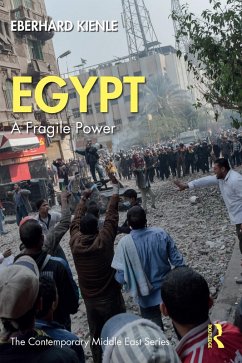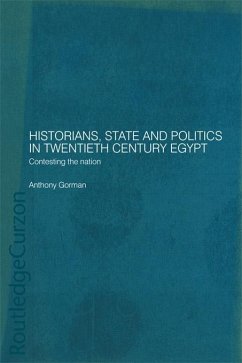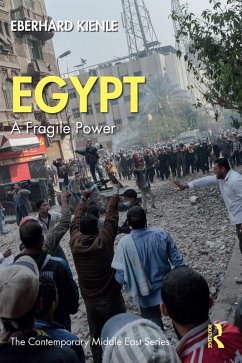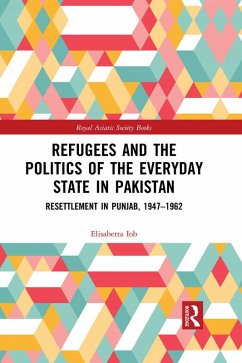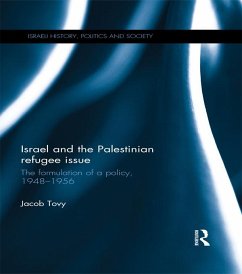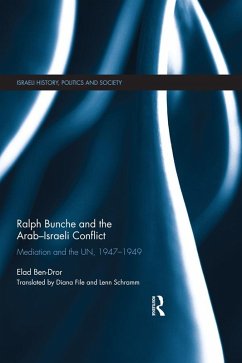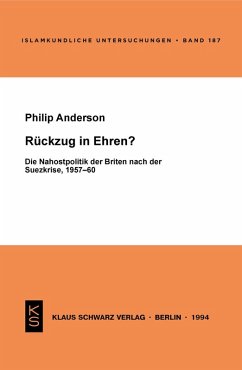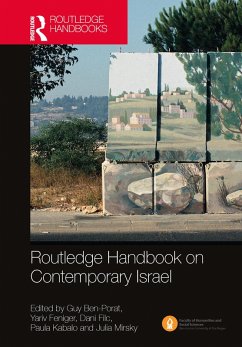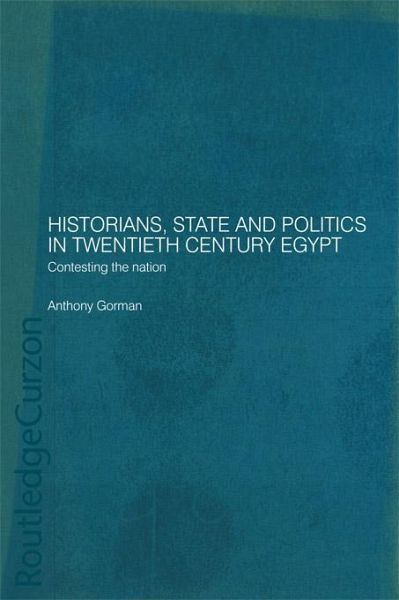
Historians, State and Politics in Twentieth Century Egypt (eBook, PDF)
Contesting the Nation
Versandkostenfrei!
Sofort per Download lieferbar
45,95 €
inkl. MwSt.
Weitere Ausgaben:

PAYBACK Punkte
23 °P sammeln!
This book deals with the relationship between historical scholarship and politics in twentieth century Egypt. It examines the changing roles of the academic historian, the university system, the state and non-academic scholarship and the tension between them in contesting the modern history of Egypt. In a detailed discussion of the literature, the study analyzes the political nature of competing interpretations and uses the examples of Copts and resident foreigners to demonstrate the dissonant challenges to the national discourse that testify to its limitations, deficiencies and silences.
Dieser Download kann aus rechtlichen Gründen nur mit Rechnungsadresse in A, B, BG, CY, CZ, D, DK, EW, E, FIN, F, GR, HR, H, IRL, I, LT, L, LR, M, NL, PL, P, R, S, SLO, SK ausgeliefert werden.




